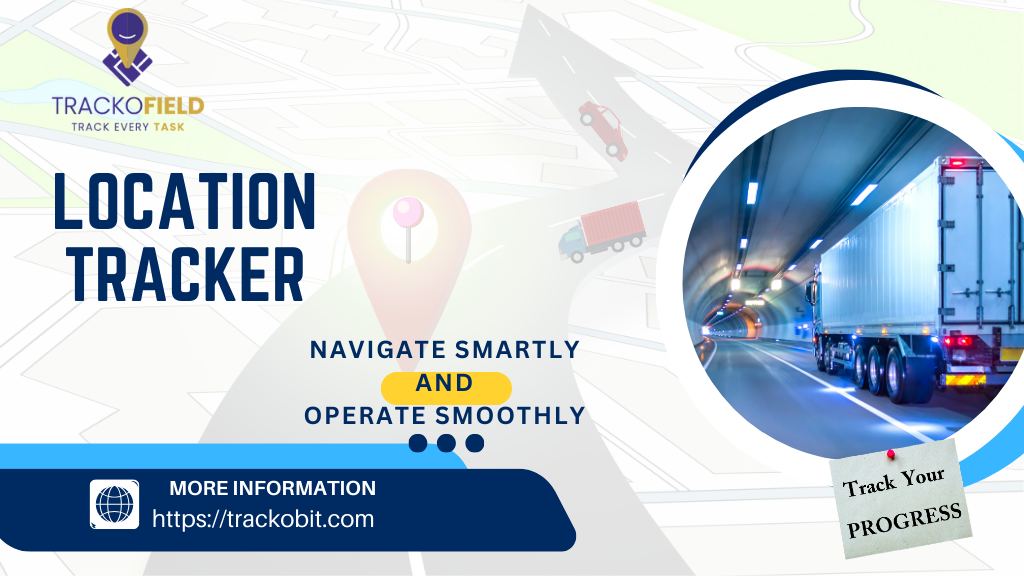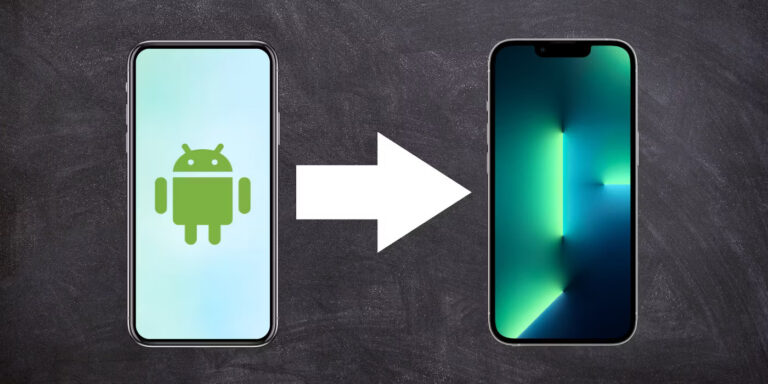Introduction
Welcome to the ultimate guide to location trackers! In today’s digital age, where mobility and connectivity reign supreme, understanding how our tracking software work and their significance is crucial. Whether you’re a concerned parent, a business owner, or simply someone who values security and convenience, this article will enlighten you on all things related to location tracking. Location tracker is a device or software application designed to determine the precise geographic location of a person, vehicle, or asset in real-time or over a specified period.
Definition
A location tracker utilizes various technologies such as GPS (Global Positioning System), GSM (Global System for Mobile Communications), or Bluetooth to pinpoint the exact coordinates of the target entity.
Importance of Location Tracking
Why is it Important?
Location tracking serves multiple purposes, ranging from enhancing safety and security to optimizing operational efficiency. Some key reasons why location tracker is vital include:
– Safety: Ensuring the well-being of loved ones, especially children and elderly family members.
– Security: Protecting valuable assets such as vehicles, equipment, and merchandise from theft or loss.
– Efficiency: Streamlining logistics and fleet management processes for businesses, leading to cost savings and improved productivity.
– Peace of Mind: Offering reassurance and peace of mind to individuals by enabling them to monitor the whereabouts of their belongings or loved ones.
Types of Location Trackers
Location trackers come in various forms, each tailored to specific needs and preferences. The two primary types of location trackers are GPS tracking and Bluetooth trackers.
GPS Trackers
GPS trackers rely on satellite signals to accurately determine the exact tracked object or person. These trackers are ideal for outdoor use and provide real-time location updates.
Bluetooth Trackers
Bluetooth trackers, on the other hand, utilize Bluetooth technology to establish a connection with a compatible smartphone or device. While they have a shorter range compared to GPS trackers, they are suitable for locating misplaced items within close proximity.
How Does a Location Tracker Work?
The functionality of a location tracker depends on its underlying technology. Generally, a location tracker operates by receiving signals from satellites, cell towers, or other devices, and then triangulating these signals to determine the device’s position.
Benefits of Using Location Trackers
Location trackers offer a myriad of benefits to individuals and businesses alike. Some notable advantages include:
–Real-Time Monitoring: Ability to track locations in real-time, enabling swift response in case of emergencies or incidents.
– Geofencing: Setting up virtual boundaries to receive alerts when the tracked entity enters or exits predefined areas.
– Historical Data: Accessing historical location data for analysis, route optimization, or retrospective tracking.
– Parental Control: Monitoring children’s whereabouts and ensuring their safety when they are away from home.
– Theft Prevention: Acting as a deterrent against theft and aiding in the recovery of stolen assets through precise location tracking.
Common Uses of Location Trackers
Location trackers find applications across various domains and industries due to their versatility and utility. Some common use cases include:
– Vehicle Tracking: Monitoring the movement and location of cars, trucks, and other vehicles for fleet management or theft prevention.
– Asset Tracking: Keeping tabs on valuable assets such as laptops, smartphones, and construction equipment to prevent loss or unauthorized use.
– Pet Tracking: Tracking the whereabouts of pets, especially dogs and cats, to ensure their safety and prompt retrieval if they stray away.
– Personnel Tracking: Tracking the location of field personnel, employees, or family members for safety and coordination purposes.
– Fitness Tracking: Utilizing GPS-enabled fitness trackers to monitor outdoor activities such as running, cycling, or hiking.
Features to Consider When Choosing a Location Tracker
When selecting a location tracker, several factors should be taken into account to ensure it meets your specific requirements:
– Accuracy: Evaluate the tracker’s accuracy in determining locations, especially in urban areas or remote regions with limited satellite coverage.
– Battery Life: Consider the battery life of the tracker, particularly if it needs to operate for extended periods without recharging.
– Connectivity: Assess the connectivity options, such as cellular, Wi-Fi, or Bluetooth, and choose one that suits your tracking needs.
– Alerts and Notifications: Look for trackers that offer customizable alerts and notifications for geofencing, speed violations, or tampering.
– Compatibility: Ensure compatibility with your existing devices or platforms, such as smartphones, tablets, or fleet management software.
– Cost: Compare the costs associated with purchasing the tracker, subscription plans, and any additional fees for data usage or service.
Tips for Effective Use of Location Trackers
To maximize the benefits of location trackers and ensure seamless operation, consider the following tips:
– Regular Maintenance: Perform regular maintenance checks on the tracker, including battery replacement, firmware updates, and device inspection.
– Data Privacy: Safeguard sensitive location data by implementing encryption, access controls, and data anonymization measures.
– Training and Education: Provide training to users on how to use the tracker effectively and responsibly, emphasizing data privacy and ethical usage.
– Legal Compliance: Familiarize yourself with relevant laws and regulations governing location tracking, such as consent requirements and data retention policies.
– Feedback and Improvement: Solicit feedback from users to identify areas for improvement and enhance the functionality and usability of the tracker.
Location Tracker Apps
Best Apps for Location Tracking
In addition to standalone devices, numerous mobile apps offer robust location tracking capabilities. Some popular location tracker apps include:
1. Find My (iOS): Integrated with Apple devices, Find My allows users to locate lost or stolen iPhones, iPads, Macs, and AirPods.
2. Google Maps (Android/iOS): Apart from navigation, Google Maps offers real-time location sharing and tracking features for friends and family members.
3. Life360 (Android/iOS): Designed for families, Life360 enables users to create private circles and receive alerts for location updates, driving behaviors, and emergencies.
4. Tile (Android/iOS): Tile specializes in Bluetooth trackers for everyday items like keys, wallets, and bags, with a community-based tracking network for lost items.
Conclusion
In conclusion, location trackers play a pivotal role in modern-day life, offering unparalleled convenience, security, and peace of mind. Whether you’re tracking a fleet of vehicles, keeping an eye on your loved ones, or simply safeguarding your belongings, the right location tracker can make all the difference. By understanding the various types, features, and best practices associated with location tracking, you can harness the power of this technology to its fullest potential.
FAQs
Q How accurate are location trackers?
Ans. Location trackers can be highly accurate, with GPS-based trackers offering precise data within a few meters under optimal conditions.
Q. Can location trackers be used for covert surveillance?
Ans. While technically feasible, the use of location trackers for covert surveillance may raise legal and ethical concerns, depending on the jurisdiction and context.
Q. Are there any privacy risks associated with location tracking?
Ans. Yes, location tracking entails inherent privacy risks, such as unauthorized access to personal data, surveillance, and location profiling. It’s essential to adopt appropriate safeguards to protect privacy rights.
Q. Do location trackers work in all environments?
Ans. Location trackers may experience limitations in certain environments, such as dense urban areas with tall buildings or remote regions with poor satellite coverage. Bluetooth trackers, in particular, have a shorter range and may be less effective indoors or in obstructed spaces.
Q. How can I extend the battery life of my location tracker?
Ans. To extend the battery life of your location tracker, consider reducing the frequency of location updates, optimizing power-saving settings, and using low-power modes when feasible.
Q. Can location trackers be tampered with or disabled?
Ans. Yes, location trackers are susceptible to tampering or sabotage, particularly if not securely installed or protected. Employing anti-tamper measures, such as concealed mounting or remote alerts, can mitigate the risk of tampering.












